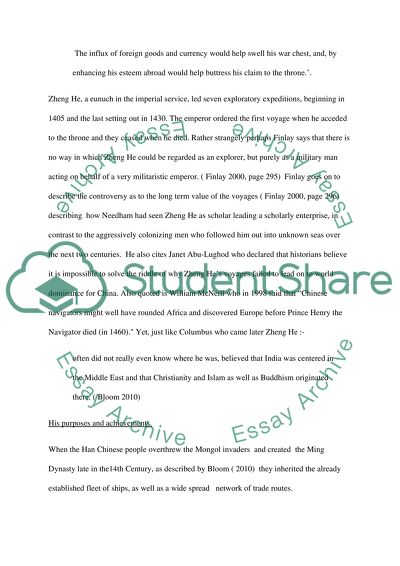Cite this document
(“Zheng's Contribution to World Regional Geography Research Paper”, n.d.)
Retrieved from https://studentshare.org/geography/1435937-zheng-he-s-contribution-to-world-regional
Retrieved from https://studentshare.org/geography/1435937-zheng-he-s-contribution-to-world-regional
(Zheng'S Contribution to World Regional Geography Research Paper)
https://studentshare.org/geography/1435937-zheng-he-s-contribution-to-world-regional.
https://studentshare.org/geography/1435937-zheng-he-s-contribution-to-world-regional.
“Zheng'S Contribution to World Regional Geography Research Paper”, n.d. https://studentshare.org/geography/1435937-zheng-he-s-contribution-to-world-regional.


